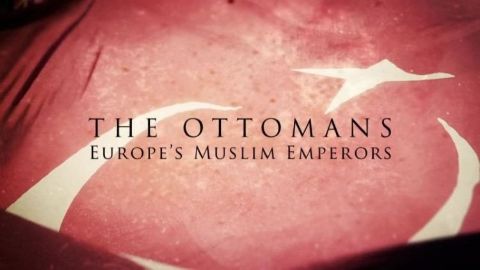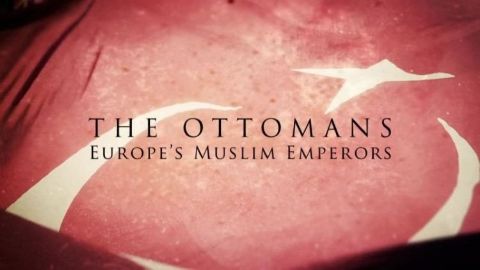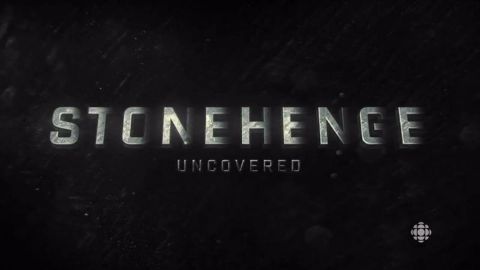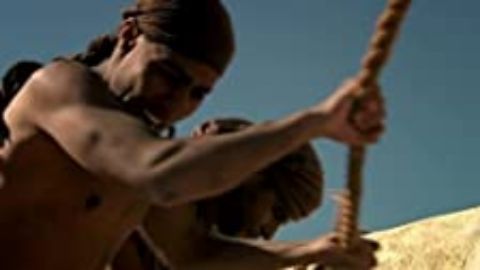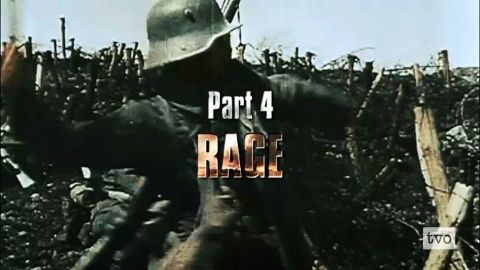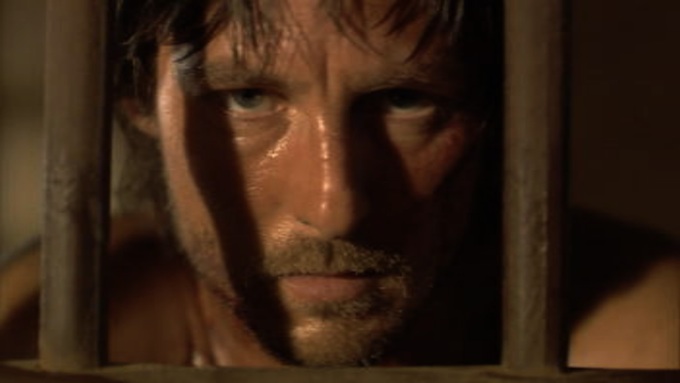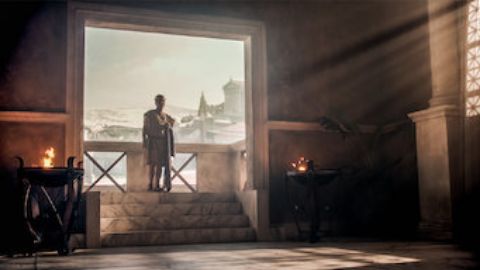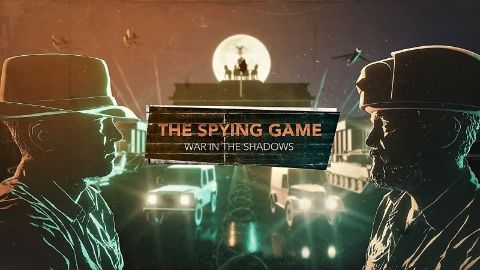The Ottomans: Europe's Muslim Emperors • 2013 • 3 episodes •
In this first episode, the unlikely roots of the Ottomans are revealed. From nomadic horsemen, in a rural backwater of modern day Turkey, they became rulers of a vast empire spanning three continents. At an incredible speed they came to rule over Baghdad and Cairo in the south, where they controlled the holiest sites of Islam - Mecca, Medina and Jerusalem, and they reached deep into Europe.
2013 • History
Continuing his fascinating journey to rediscover the central role played by the Ottoman empire in Europe and the Middle East, Rageh Omaar explores the huge contrasts in the times of two very different Ottoman sultans. The most famous Suleiman the Magnificent in the golden age of the 16th century and the troubled reign of Abdul Hamid II in the 19th century when the Ottomans were dubbed 'the Sick Man of Europe'. Rageh examines the cultural legacy as well as the physical, religious and political architecture of Ottoman rule to find out what a Muslim world run from Europe was really like. It reveals the backdrop to the relationship between Islam and Europe today, how the Ottomans became central in the power politics of Europe and what could have happened had they succeeded in their successive bids to seize Vienna, then a key European capital.
2013 • History
Rageh Omaar explains how the collapse of this Islamic super-power following the first World War left problems that still exist in Europe and the Middle East today. From its capital in Istanbul the Ottoman Empire matched the glories of Ancient Rome. Yet its achievements have been largely lost in the trauma of its last few years. Brutality, massacres and the carve-up of former Ottoman lands created a legacy of tension and conflict that continue to this day. The heartland of the former empire - modern day Turkey - turned its back on its Islamic, Ottoman past. It underwent a social revolution led by military commander and secular visionary Mustafa Kemal-Ataturk. So why is Ottomanism back on the political agenda? And why are many politicians in the West hoping that Turkey can provide a role model as a modern, Islamic democracy?
2013 • History
